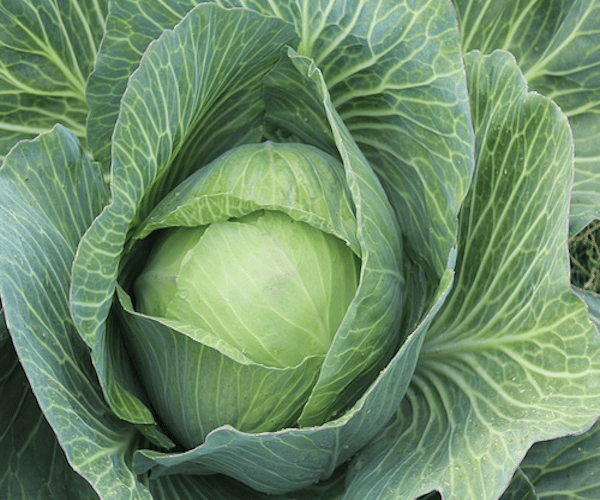
Haven’t heard of the alkalising diet yet? Well, this could be the year it reaches paleo-level notoriety.
One of the diet’s most well-known advocates, Natasha Corrett, is about to launch a new book of alkalising cleansing plans – just in time for the arrival of 2015. Nothing says ‘new year’ like the sudden urge of people everywhere to embark on eating regimens to detox them of all the excesses (and guilt, apparently) of the silly season.
Corrett - who happens to be Sienna Miller's stepsister - is the woman behind Honestly Healthy, which bills itself as the leading alkaline lifestyle guide. The Honestly Healthy bookbooks and blog have found some famous fans in Victoria Beckham and Made in Chelsea star Millie MacIntosh.
So how does alkalising work, and does it actually do anything? We asked Dr Joanna McMillan to give us a rundown...
Dr Joanna McMillan writes: It’s the diet that many celebrities, including Elle McPherson and Victoria Beckham, are touting as their secret to feeling and looking so fabulous.
It’s called the alkaline diet - or sometimes the alkaline-ash diet or alkaline-acid diet - and proponents claim it can help you to lose weight, have more energy, reduce your risk of many chronic diseases including cancer and have stronger bones. Sounds pretty awesome, doesn’t it?
The ultimate cleanse for people who hate cleanses (but still want to do one)
The theory is that the typical modern Western diet is affecting the acid load on the body, with knock-on negative health effects. Foods that we eat are either acid forming or alkaline forming, with some being more or less neutral. The diet advises limiting the consumption of acid-forming foods, including meat, dairy, highly processed foods, alcohol, grain products and refined sugar (although this is actually not acid or base producing).

Top Comments
Great article Dr Joanna. I think you've provided a very well rounded and informative view on the alkaline diet so well done.
I agree that many of us do have a tendency to oversimply things into "good" or "bad" categories which is not the case. Acid-forming food is not bad and actually healthy such as grass-fed beef.
The general rule is 80% alkaline and 20% acid-forming food. The reason we need such a higher proportion of alkaline food is largely due to our diet. If you have a look at the chart attached ( https://uploads.disquscdn.c... ) you'll notice most of the food we're eating is acidic. In order to regain balance we need to increase our fruit and veg intake significantly. I should warn you I'm biased as I supply natural alkaline water for a living but I've experienced the positive health effects myself and seen it in hundreds of customers.
Research is increasingly showing that there are numerous benefits to alkalising that go beyond kidney health such as reducing cancer risk. Studies can be found at: http://www.curolifestyle.co....
I of course love your recommendation to drink more water ;) A great guide on how much to drink is to check the colour of your urine. If it's a pale yellow, you're good. If it's any darker, you're very dehydrated so grab a glass quick!
One thing I didn't agree with is cutting down on salt. Salt is alkaline-forming and is critical to life. But the type of salt determine whether it's healthy or not. Regular table salt is bad for you as it's highly processed and stripped of all its natural trace elements. Himalayan salt or a good sea salt contains over 80 trace elements beneficial for health.
I hope this provides some more valuable insight so you can decide if it's right for you. :)